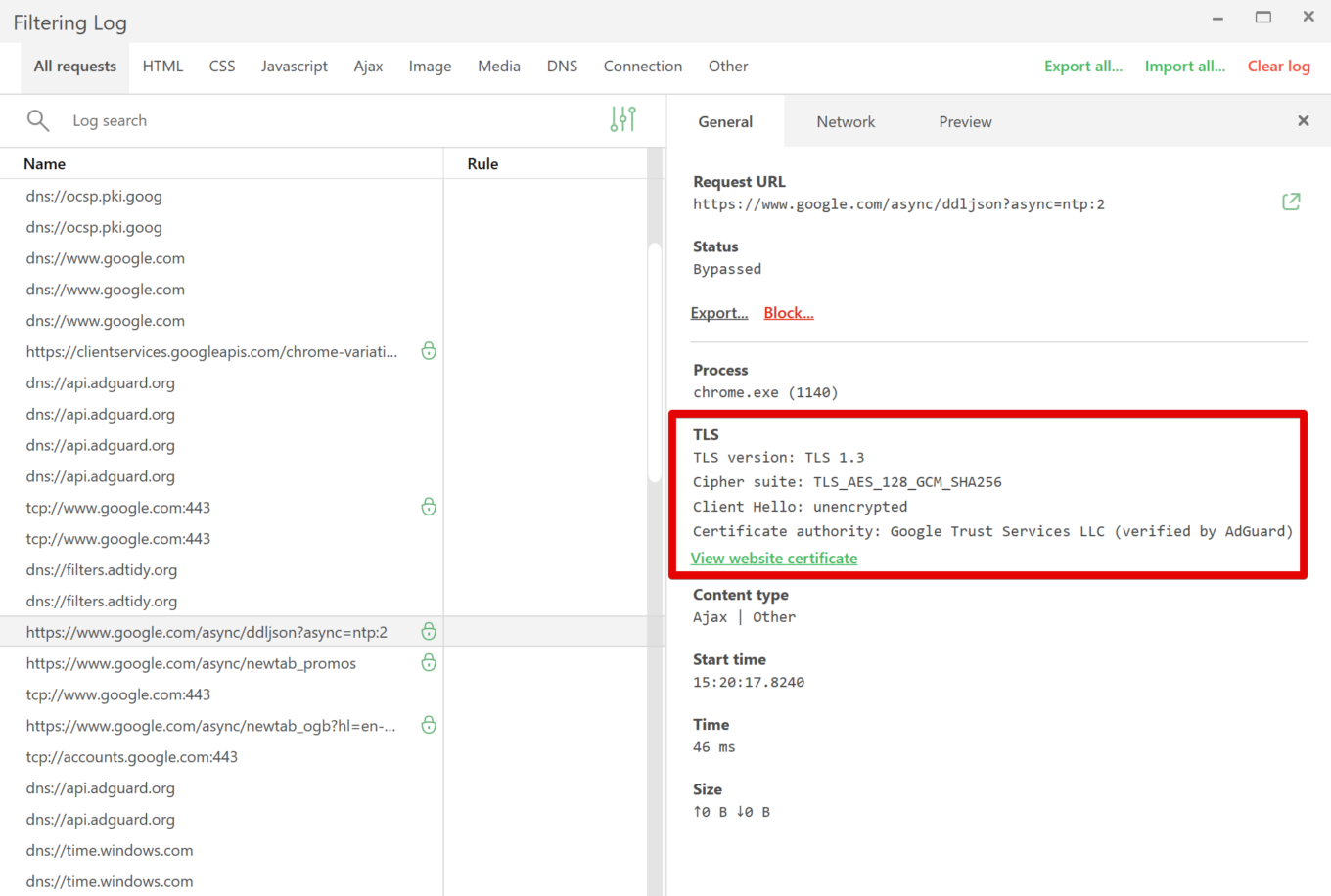AdGuard v7.16 for Windows: now 64-bit and packed with new features
Do you have a New Year’s resolution? We do: we promise to do a good job of protecting you from ads and trackers. It won’t be easy, but we’re totally up to the task. This update brings us one step closer to delivering on that promise. What have we prepared for you in AdGuard v7.16 for Windows?
64-bit compatibility
Most Windows computers now run a 64-bit system, which means they have more power and memory than the older 32-bit systems. AdGuard was fine with only a 32-bit version, but now it is catching up and becoming compatible with 64-bit systems. Even better news is that you don't have to do anything — when you update, you get exactly the version you need. We hope that this change will make the application work better and faster for everyone.

Don’t worry, AdGuard is still good for 32-bit machines.
More effective ad blocking
Another big change is that we’ve added support for selectors in HTML filtering rules. This means fewer ads bothering you while you browse.
New feature for your DNS server
We’ve added a cool new feature for those who use DNS-over-HTTPS. It’s called basic HTTP authentication, and it’s helpful if you want to secure access to your custom DNS server, especially for devices that switch networks a lot.
Checking certificates just got easier
When it comes to HTTPS filtering, it can be difficult to сheck the original domain certificate. We’ve covered this issue in our Knowledge base. While AdGuard does (always!) verify validity, you might want to check it yourself.
With the latest CoreLibs update, it’s now simpler to check the certificate of the websites you visit: you can find all the necessary info in the Filtering log. Here, you can check the details of any web request, see what kind of encryption AdGuard has used, and view the original certificate.

This is just the tip of the iceberg — the full changelog can be found on GitHub. A release this big is definitely worth a look. Your feedback is welcome on our social media — you can find AdGuard almost everywhere.




















































